Intellectual Property Litigation plays a crucial role in protecting the rights of individuals and businesses in Florida.
This article explores the importance of Intellectual Property Litigation, the types of intellectual property that are protected through litigation, and the steps involved in handling Intellectual Property Litigation in Florida.
From consulting with an Intellectual Property Lawyer to attending pretrial conferences and going to trial, we cover the necessary steps to navigate through this complex legal process.
We discuss the possible outcomes of Intellectual Property Litigation, including injunctions, damages, licensing agreements, and settlements. Learn more about this essential aspect of protecting intellectual property rights.
Key Takeaways:
- Consult with an Intellectual Property lawyer in Florida for guidance on navigating complex IP laws and litigation process.
- Gather strong evidence to support your case, including patents, trademarks, copyrights, and trade secrets.
- Possible outcomes of IP litigation in Florida include injunctions, damages, licensing agreements, and settlements. Choose the best option for your business..
What are the Steps to Handle Intellectual Property Litigation in Florida?
Managing intellectual property litigation in Florida typically includes various stages, such as:
- Consulting with a knowledgeable IP attorney
- Collecting evidence
- Submitting a complaint
- Participating in pretrial conferences
- Potentially proceeding to trial
1. Consult with an Intellectual Property Lawyer
The initial step in managing an IP lawsuit involves consulting with a specialized intellectual property lawyer who can offer expert guidance and evaluate the strength of the case.
A qualified IP attorney is essential for navigating the intricacies of intellectual property disputes. Seeking legal counsel allows individuals or businesses to leverage an attorney’s expertise in assessing the case’s merits.
These seasoned lawyers can provide strategic guidance on safeguarding your IP rights and effectively represent you in any potential litigation. Their comprehensive understanding of IP laws and past cases enables them to develop customized legal strategies that align with their clients’ best interests.
2. Gather Evidence
In an IP lawsuit, gathering evidence is essential. This involves collecting all necessary documentation to support your claims and establish the occurrence of infringement. Thorough documentation is crucial in presenting a strong case in intellectual property disputes.
The types of evidence required can vary depending on the nature of the infringement and the specific intellectual property rights being asserted. For instance, in trademark cases, evidence may include proof of prior use of the mark, consumer confusion, and the distinctiveness of the mark. In patent disputes, detailed technical documentation, patent filings, and expert opinions are often necessary.
A well-prepared evidence collection process can significantly influence the outcome of the case by providing credibility and support to legal arguments.
3. File a Complaint
Initiating the litigation process formally begins with filing a complaint, in which the plaintiff presents the allegations of infringement and the legal basis for the lawsuit. This document serves as the basis for the entire case.
When drafting the complaint, it is important to include essential elements like a clear statement of the plaintiff’s rights, a description of the infringing activities, and a request for appropriate relief. Ensuring that the complaint meets all legal requirements and is submitted within the specified deadlines is crucial to avoid potential procedural issues.
Accuracy and thoroughness in the complaint are essential for establishing a solid and effective legal strategy in an intellectual property lawsuit.
4. Attend Pretrial Conferences
Pretrial conferences play a crucial role in an IP lawsuit by aiding both parties in trial preparation, exploring settlement options, and organizing the key issues for litigation.
These meetings represent a critical juncture where the involved parties, alongside their legal representatives, engage in thorough discussions to clarify legal stances, exchange evidence, and pinpoint areas of agreement or disagreement.
By promoting open lines of communication, pretrial conferences facilitate a more effective utilization of court resources and frequently result in the early resolution of disputes through negotiated settlements or mutually beneficial arrangements. Through these proactive dialogues, the court aims to promote cooperation and cultivate a collaborative approach to resolving legal conflicts prior to progressing to trial.
5. Go to Trial
If a settlement cannot be reached, the IP lawsuit proceeds to trial, where both parties present their arguments and evidence before a judge or jury for a final decision.
During the trial, each party has the opportunity to present their case through the presentation of evidence, witness testimonies, and legal arguments. The plaintiff typically goes first, laying out their claims and providing supporting evidence.
The defendant then has the chance to refute these arguments and present their own evidence to counter the claims made against them. Witness testimonies play a crucial role in providing firsthand accounts or expert opinions relevant to the case. Legal arguments are presented to interpret the evidence within the framework of the law.
The judge presides over the trial, ensuring that proceedings are conducted fairly, ruling on matters of law, and making decisions on admissibility of evidence. The jury, if present, evaluates the evidence presented and instructions from the judge to reach a verdict.
The trial ends with closing arguments from both sides, summarizing their positions before the judge or jury deliberates. The possible outcomes of the trial include a verdict in favor of either party, a hung jury, or a mistrial.
What are the Possible Outcomes of Intellectual Property Litigation?
The potential results of intellectual property litigation can differ significantly, encompassing injunctions, damages, licensing agreements, and settlements, all aimed at resolving the dispute and upholding the rights of the IP holder.
1. Injunctions
An injunction is a court order that prohibits the infringing party from continuing their unauthorized use of the intellectual property, effectively stopping the infringement.
In the realm of intellectual property law, there are two main types of injunctions: preliminary and permanent.
A preliminary injunction is a temporary order issued by a court at the initial stages of a legal dispute, aimed at maintaining the status quo until a final decision is reached.
On the other hand, a permanent injunction is a final order issued after a trial that permanently prohibits the infringing party from engaging in the unauthorized use of the intellectual property.
These injunctions are enforced by the court through its powers of contempt, which can lead to significant penalties for non-compliance.
For instance, in the case of Apple Inc. v. Samsung Electronics Co., several injunctions were granted to protect Apple’s patented design features and prevent Samsung from using them in its products.
2. Damages
Compensation is the term used to refer to the monetary award given to the holder of intellectual property (IP) for losses incurred as a result of the infringement, which may consist of actual damages and punitive damages.
In intellectual property (IP) litigation, the calculation of compensation is a critical element that involves evaluating the financial consequences of the infringement on the IP holder.
Actual damages are intended to reimburse the holder for the specific financial losses endured, such as lost profits or licensing fees. Conversely, punitive damages are granted to penalize the infringing party and discourage similar behavior in the future.
Notable compensation awards in previous cases include Apple receiving over $500 million in damages from Samsung for patent infringement. These awards can have a significant impact on both parties, affecting market dynamics and innovation within the industry.
3. Licensing Agreements
Licensing agreements can serve as a resolution to an IP lawsuit, allowing the infringing party to legally use the intellectual property in exchange for agreed-upon terms and compensation.
This approach not only helps avoid costly legal battles but also fosters collaboration between the two parties. Key components of a licensing agreement typically include details on the scope of the license, payment terms, duration, exclusivity, and any restrictions on the use of the IP.
Successful settlements through licensing agreements have been seen in various industries, such as technology, entertainment, and pharmaceuticals, where parties have found mutually beneficial solutions to IP disputes. These agreements provide a structured framework for the use of intellectual property, ensuring that both parties can benefit from each other’s innovations while respecting their rights.
4. Settlements
Settlements refer to negotiated agreements between the parties involved in an IP lawsuit, often reached to avoid the costs and uncertainties of a trial. In IP litigation, the negotiation process typically involves discussions between attorneys representing the conflicting parties to find common ground and resolve disputes.
Settling out of court can provide various advantages, such as avoiding the time-consuming nature of trials, maintaining privacy over sensitive information that could arise during court proceedings, and reducing legal costs associated with lengthy litigation.
Terms of a settlement agreement can include licensing arrangements, financial compensation, cross-licensing agreements, and even non-disclosure agreements to protect intellectual property rights.
High-profile examples of IP settlements include the Apple vs. Samsung patent dispute settlement in 2014, where both companies agreed to drop all ongoing litigation outside the United States and focus on resolving disputes through negotiation.
Frequently Asked Questions
What is considered intellectual property in Florida?
Intellectual property in Florida includes trademarks, patents, copyrights, and trade secrets. These are intangible assets that are created through human intellect and creativity.
How do I protect my intellectual property in Florida?
You can protect your intellectual property in Florida by registering for trademarks, patents, and copyrights. It is also important to keep your trade secrets confidential and have non-disclosure agreements in place.
What steps should I take if someone is infringing on my intellectual property in Florida?
If someone is infringing on your intellectual property in Florida, you should gather evidence of the infringement and consult with an experienced intellectual property attorney. They can help you take legal action to stop the infringement and seek damages.
What are the potential risks of not handling intellectual property litigation properly in Florida?
Not handling intellectual property litigation properly in Florida can result in lost revenue, damage to your brand, and loss of control over your creations. It can also lead to lengthy and costly legal battles.
How long does a typical intellectual property litigation process take in Florida?
The length of an intellectual property litigation process in Florida can vary depending on the complexity of the case and whether it goes to trial. It can take anywhere from a few months to several years.
Can I represent myself in an intellectual property litigation case in Florida?
While it is possible to represent yourself in an intellectual property litigation case in Florida, it is not recommended. Intellectual property law is complex and having an experienced attorney on your side can greatly increase your chances of success.


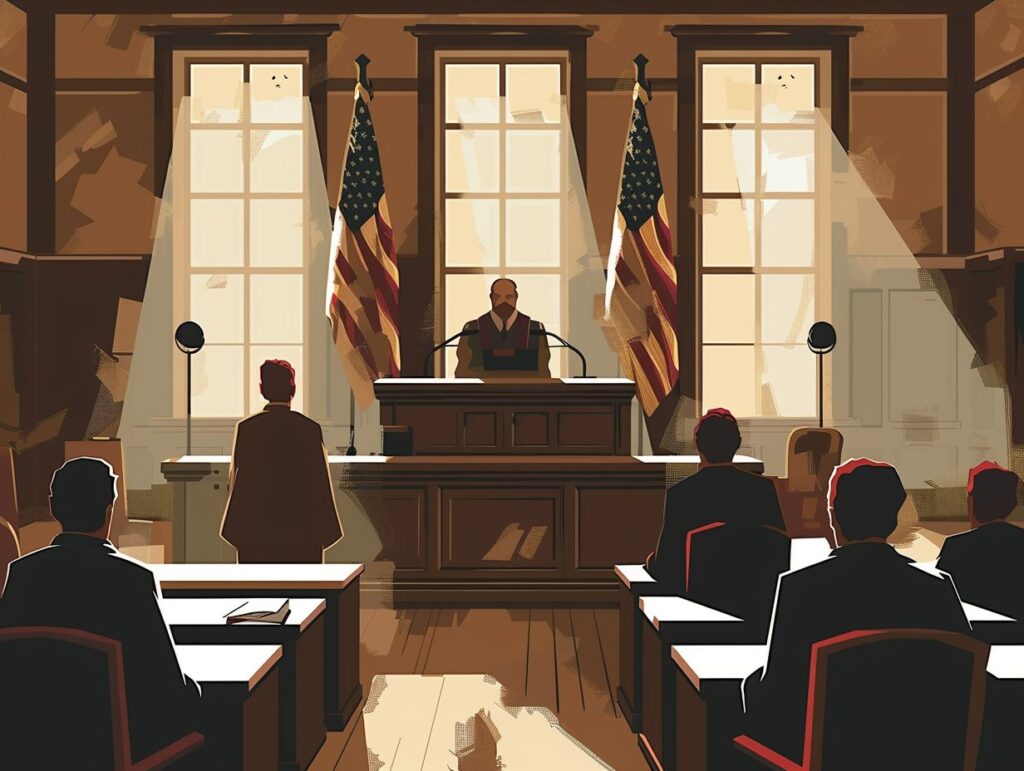
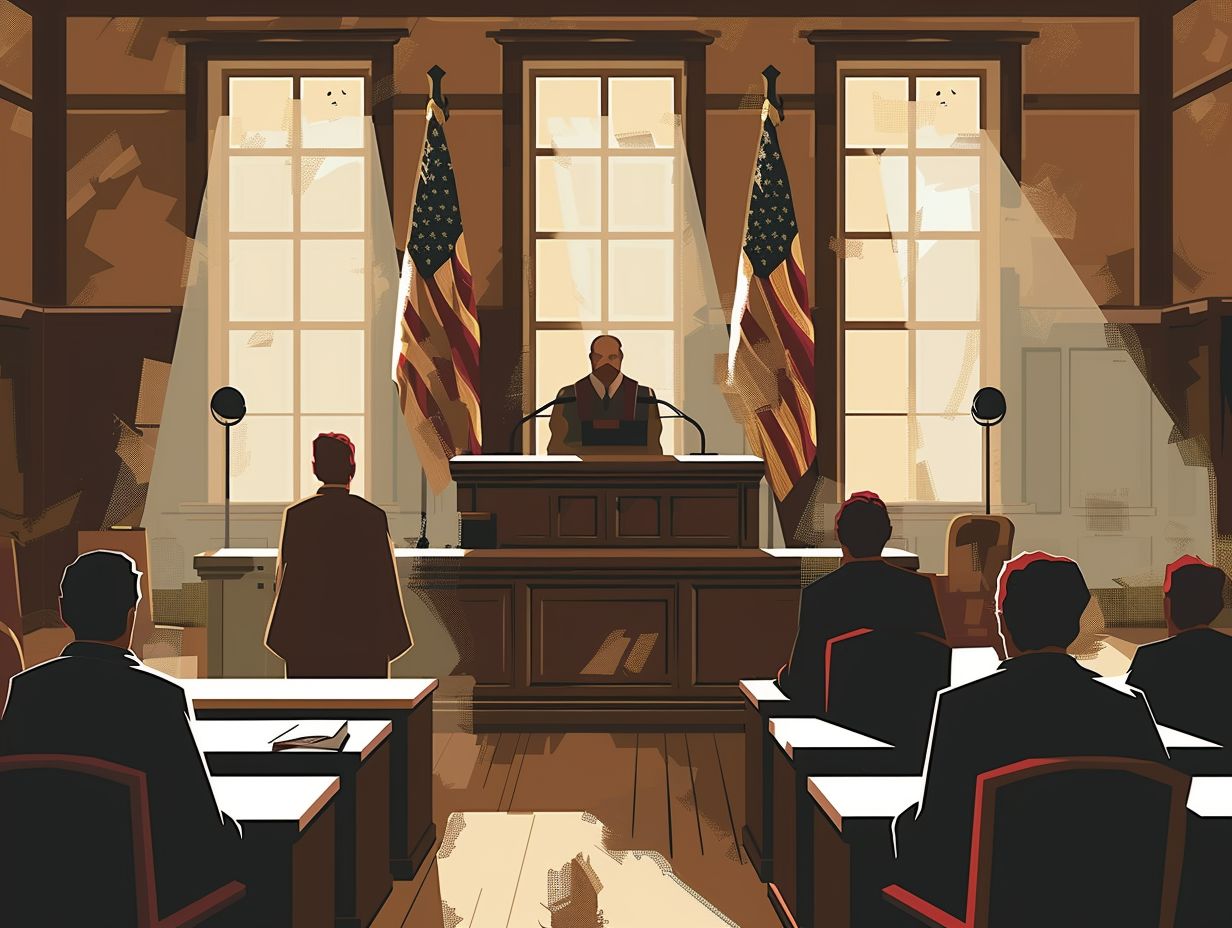
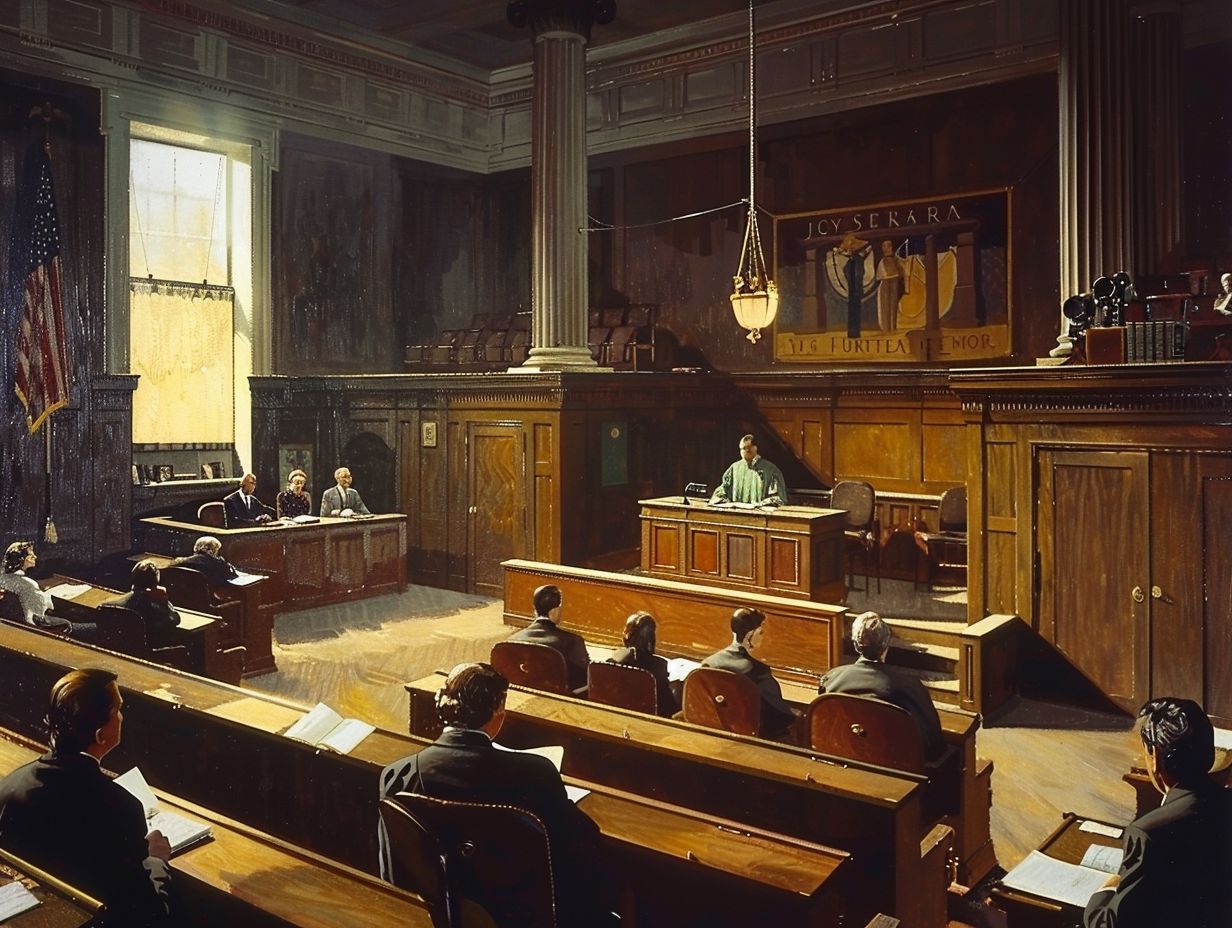
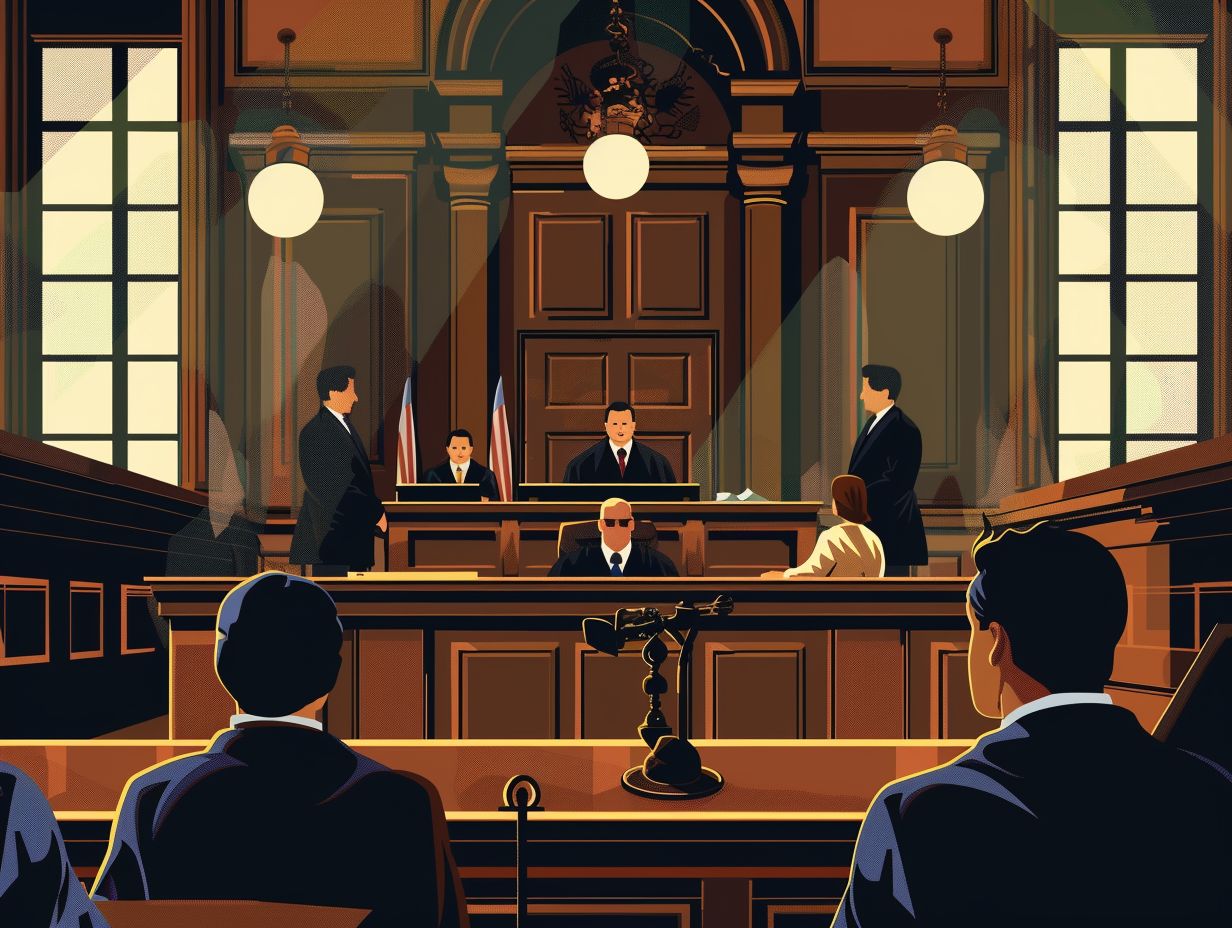




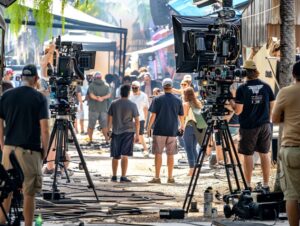






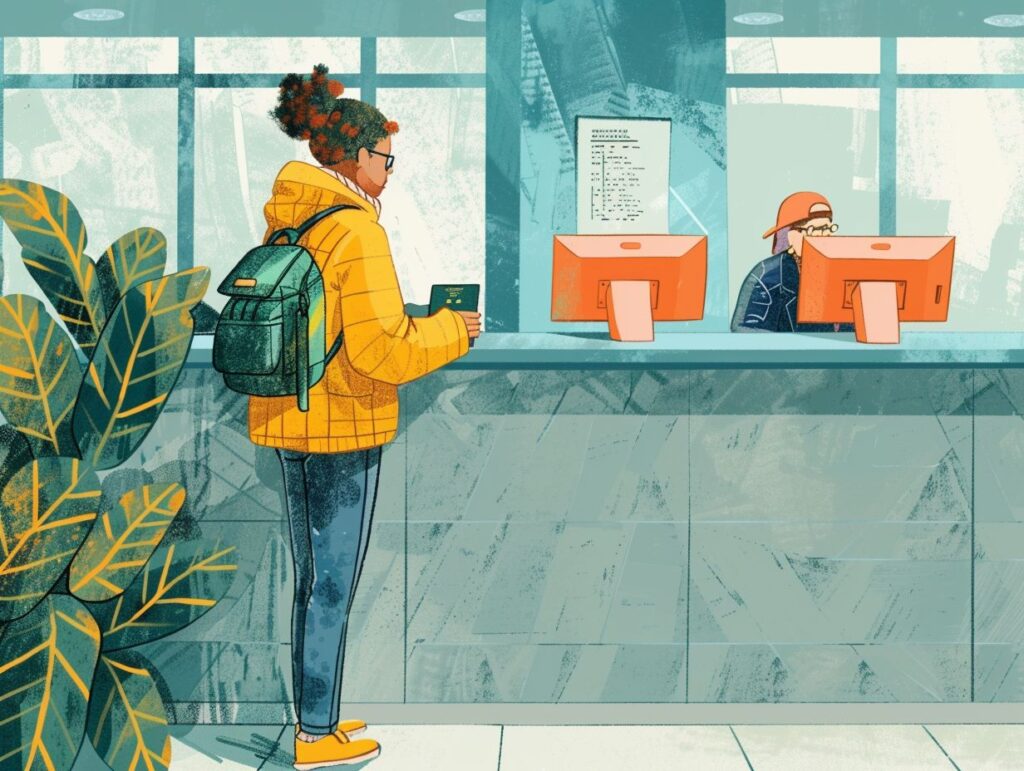






Rate this article:
No Comments yet!